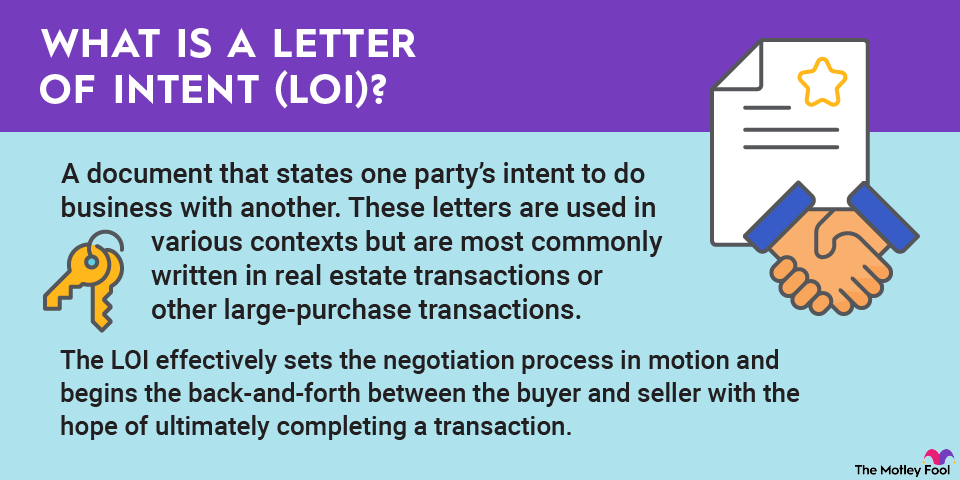Ways to reduce origination fees at closing
For mortgage loans, origination fees are generally charged at closing as part of the settlement statement. If you don't have another way to fund these fees, you'll be expected to pay them out of pocket at closing. However, there are several ways to get around this, including:
Rolling them into your mortgage. If your home appraises for enough, you can finance your origination fee in your mortgage. Since it's not a very large amount of money compared to the mortgage, a lot of people choose to pay it over time.
Asking your lender for fee-free options. Another method that you can use to reduce your origination fee at closing is to choose a mortgage without origination fees. That might sound overly simple, but they do exist, and you can choose to take one out. The trade-off is that your mortgage may have a higher interest rate than one with origination fees, but if you don't intend to live in your home long, this may not make much difference.
Tapping closing cost assistance programs. If you want that better rate but can't roll your closing costs into your loan, closing cost assistance programs may be able to help. You generally will need to meet specific requirements that vary with the program, but once you've found a match, you can receive a grant to cover these expenses. Each program is different, so ask for details before applying.
You can also ask your lender about reducing the origination fee on your loan, but if it's a mortgage, the chances this will be successful are slim. These fees are so minimal and tightly regulated in the mortgage industry today that there's simply not a lot of room to move. However, a personal loan from a bank may be reduced dramatically.


















